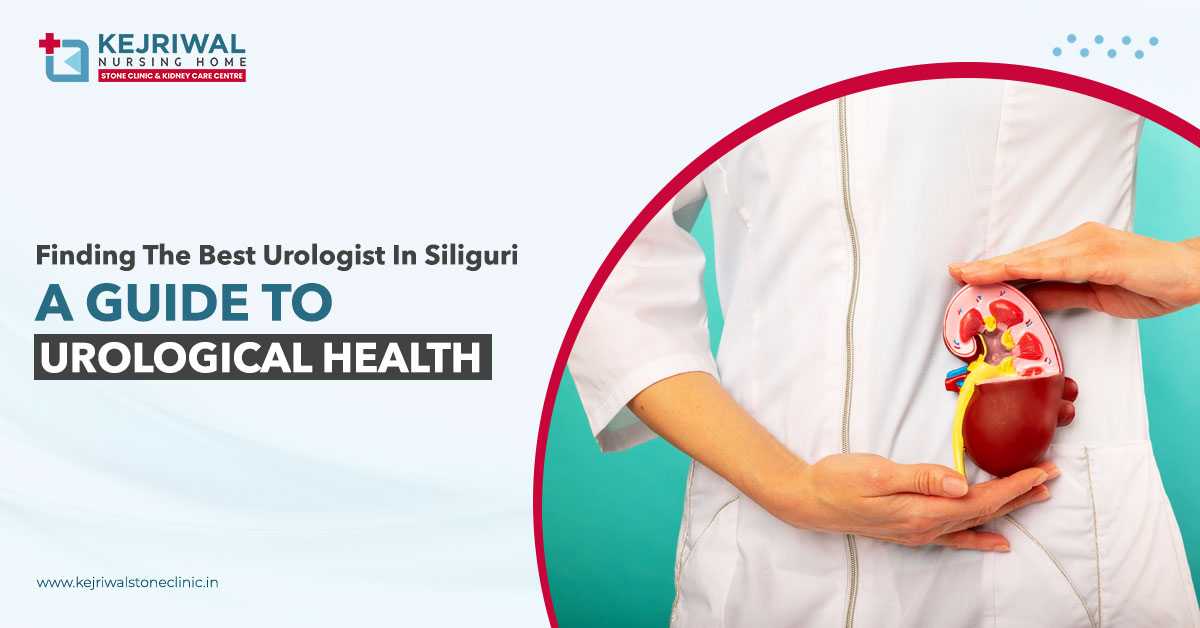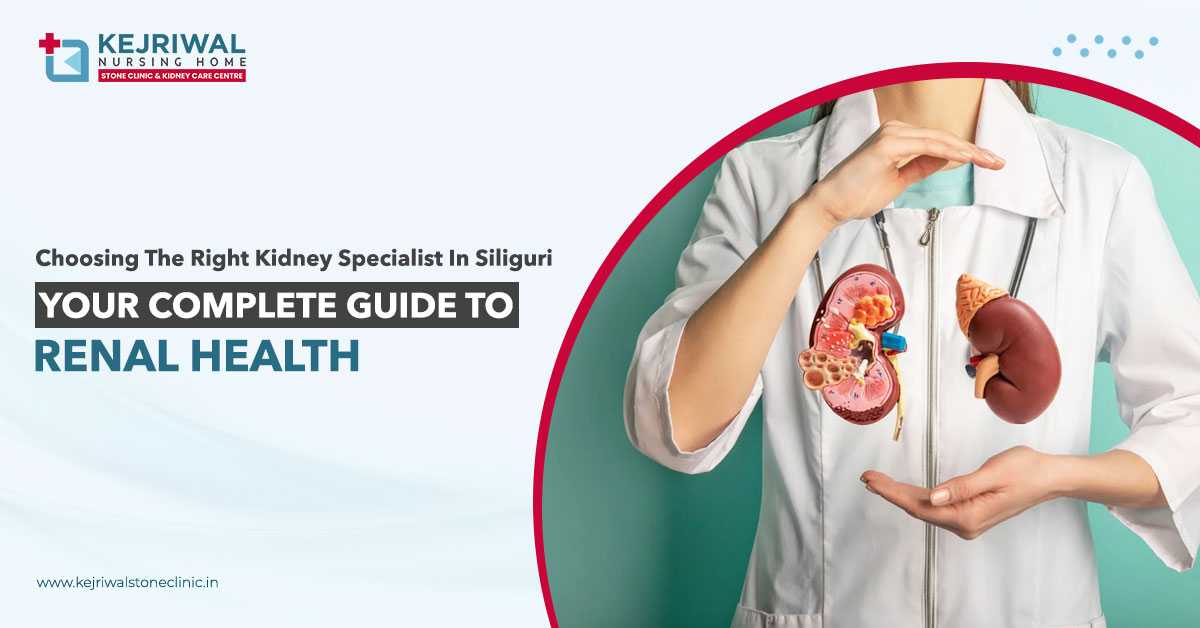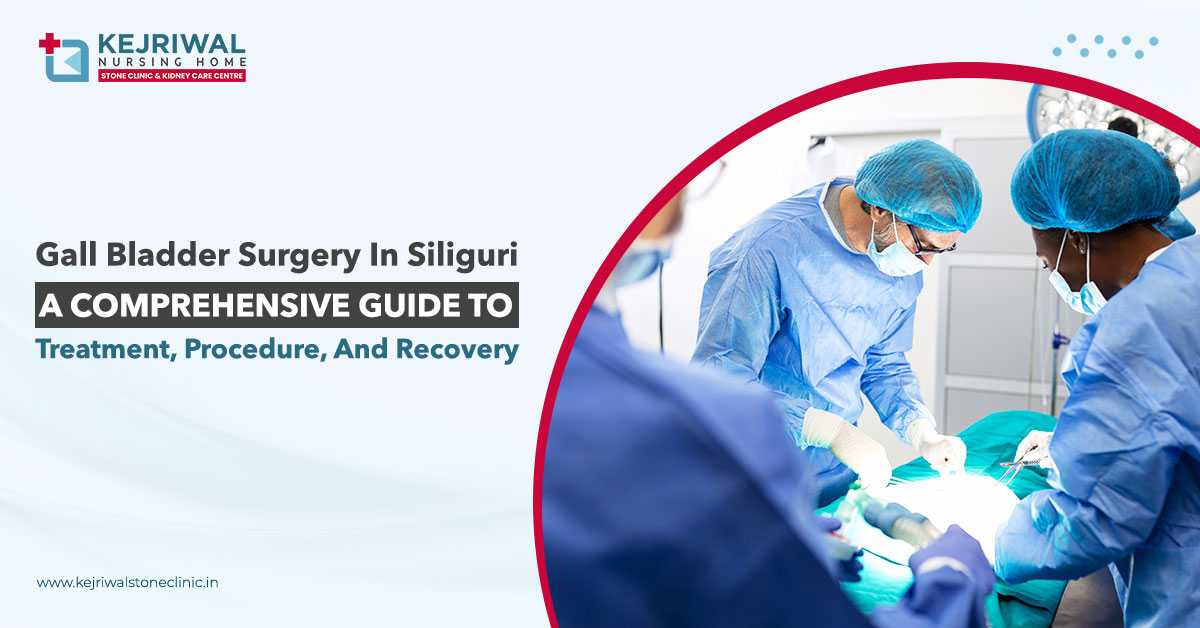Kidney issues are not uncommon. Certain conditions can even lead to permanent kidney damage. Renal artery stenosis is a medical term for the narrowing of blood vessels that carry blood to the kidneys. Obstructed blood flow keeps the kidneys from the effective blood filtration process.
This medical condition creates increased blood pressure in the body. At the same time, an untreated condition may lead to renal failure. The two arteries are there that carry the blood to your heart to your right and left kidneys. Here, either one or two arteries can develop RAS/renal artery stenosis. You might consider the best nephrologist doctor in Siliguri.

What are the signs & symptoms?
Early-stage RAS often causes no symptoms. Signs you may receive once RAS turns more advanced. Listed in the directory below are some symptoms:
- The sudden rise in high blood pressure
- Increased protein levels in the urine
- Worsening of kidney function
- Fluid retention
- Swelling of the body tissues
Symptoms of obstructed kidney function can cause:
- Edema
- Unexplained weight loss
- Confusion
- Problems sleeping
- Muscle cramps
- Loss of appetite
- Frequent urination
- A decline in urination
- Headaches
- Fatigue
- Dry skin, itchy skin
- Breathing difficulty/dyspnea
- Nausea, vomiting
If you notice any of the signs, consult your medical care expert so as to go through the diagnosis. The more delay, the more complications ahead. Identifying whether you have kidney diseases or RAS without medical supervision is downright difficult.
Evidence suggests about 60% to 90% of RAS results from atherosclerosis. This medical condition refers to fat/cholesterol accumulation in and on the artery walls, causing hardening of the blood vessels. In case, the plaque burst, it leads to blood clots. Visit the best nephrologist doctor in Siliguri city.

What puts you at risk of RAS
Factors that increase the likelihood of RAS may include:
- High cholesterol
- High blood pressure
- Diabetes
- Obesity
- Physical inactivity
- Family history of heart disease
Having such risk factors doesn’t mean you develop RAS for sure. A healthy lifestyle can help prevent all such health complaints at bay. Did you know RAS can lead to further health issues? Yes, an untreated condition can be responsible for causing the flowing health issues:
- Chronic kidney disease. It’s a progressive loss of kidney function, leading to kidney failure. CKD obstructs the kidneys, causing waste build-up in the body.
- Kidney atrophy. This condition defines the size of the kidneys as smaller than the normal size. It may lead to skin darkening, loss of appetite, muscle cramps, edema, drowsiness, nausea, vomiting, frequent urination, etc.
- Coronary artery disease. Plaque accumulation in the heart’s major blood vessels results in CAD, causing arteries to become narrow, in which blood flow becomes obstructed.
- Kidney failure. Also known as renal failure, may occur in one or both kidneys. In case, dialysis doesn’t work, doctors may suggest a kidney transplant. Visit the best nursing home in Siliguri to see your nephrologist.
The most common treatments for RAS include lifestyle modifications and medications. If the condition is severe, the doctor may recommend surgical intervention. Make sure you follow the advice advised by your specialist in order to have optimum healing.




